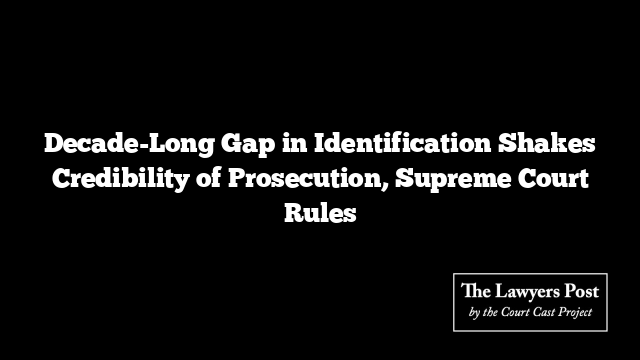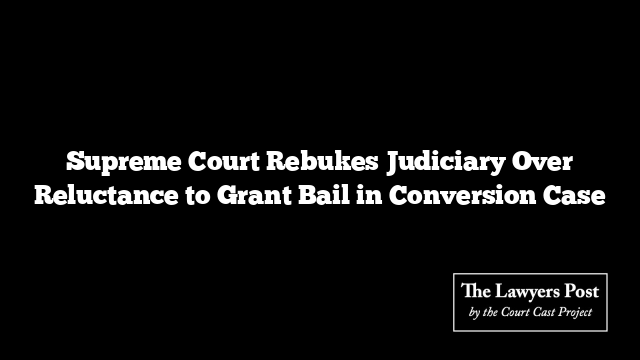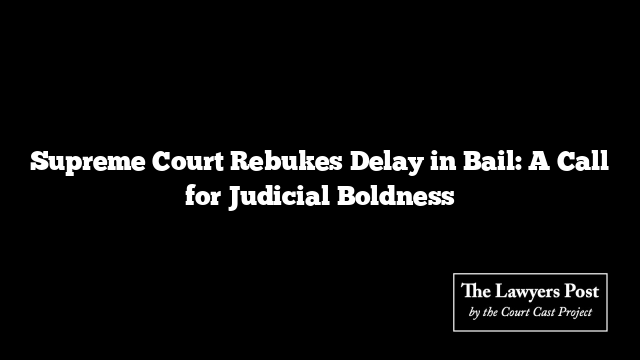The Supreme Court recently overturned the conviction of an individual accused of kidnapping, citing significant doubts arising from the prosecution’s failure to conduct a test identification parade (TIP).
A bench of Justices BR Gavai and AG Masih considered a case where the accused was identified for the first time in court—eight years after the alleged incident. The initial conviction under Section 366 of the Indian Penal Code (IPC) was modified by the High Court to Section 361 IPC. However, the apex court ultimately set aside the conviction, scrutinizing the delay in identification.
The Court observed that while identifying an accused for the first time during trial is legally permissible, such identification carries limited evidentiary value when a TIP has not been conducted, particularly after an extended delay.
“An eight-year gap before identification raises serious questions about the reliability of the witness’s memory and the prosecution’s case,” the bench noted. The absence of a TIP, combined with the substantial time lapse, undermined the fairness of the trial and cast doubt on the evidence presented.
Highlighting the risks of delayed identification, the Court emphasized that prolonged intervals between the incident and the trial can erode the accuracy of witness testimony, compromising the integrity of the judicial process.
The appeal was subsequently allowed, and the accused was acquitted.





